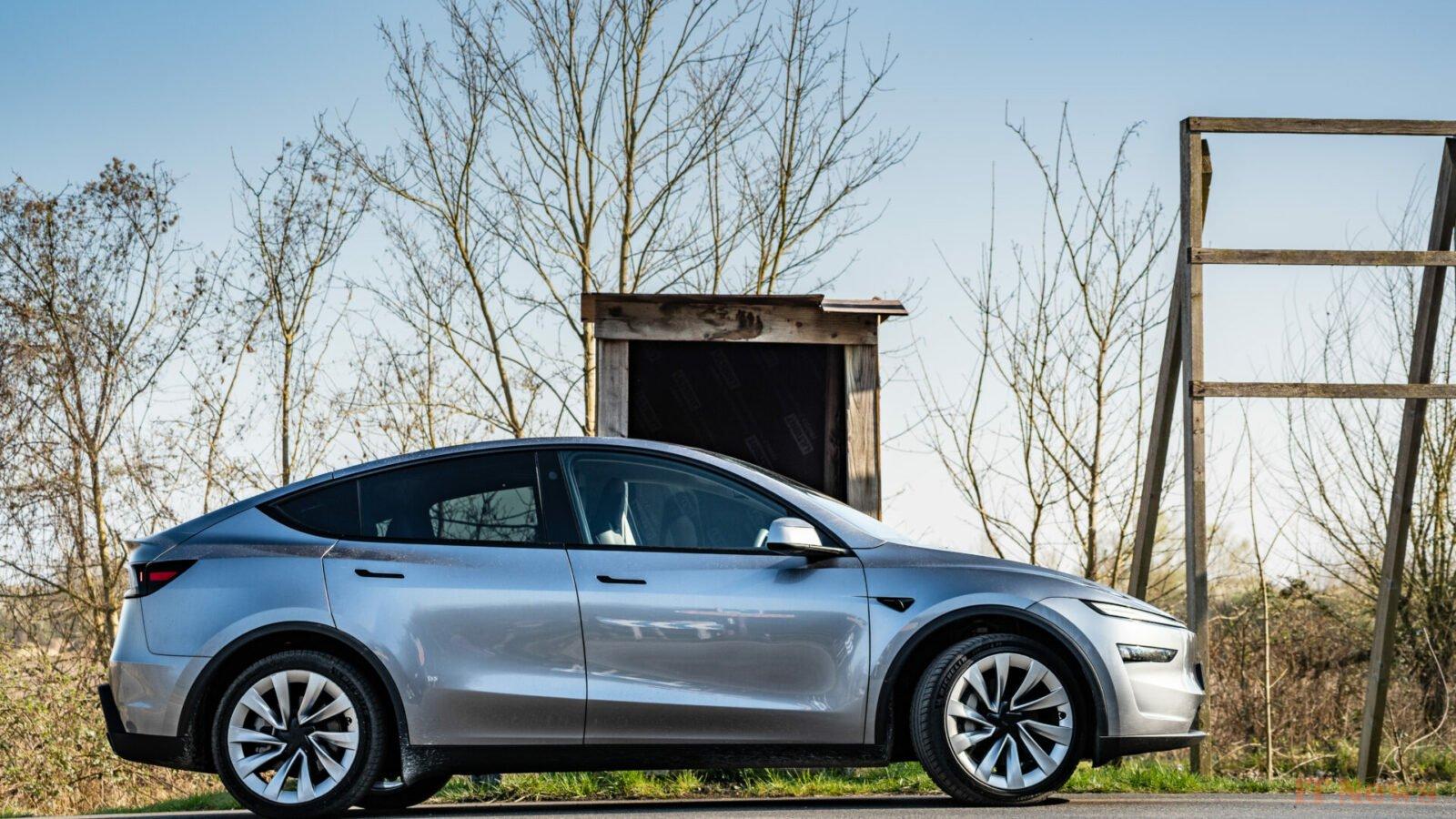Behind this situation, there is no technical problem or logistical strike, but the lack of official validation of the environmental score of the Propulsion version of the Model Y, even though it is produced in Berlin.
The situation exclusively concerns the latest Model Y Propulsion (Juniper), the most affordable version of the range, assembled at Tesla's Giga Berlin factory. On paper, this model ticks all the boxes: a price under 47,000 euros, European production, and a 100% electric engine. It is therefore supposed to be eligible for the 4,000 euro ecological bonus. But to benefit from this aid, a vehicle must appear on the official list of eligible models, with a validated environmental score published in the Official Journal. And this is precisely what is blocking the process.
Bureaucratic crisis
For several weeks, ADEME, the agency responsible for this evaluation, has still not published the score of the Model Y Propulsion. As a result, hundreds of French customers who ordered this model find themselves in a gray area: they cannot be delivered without forfeiting the aid. And at Tesla, the situation is becoming delicate. The company has thousands of vehicles stored in its French logistics centers, ready for delivery, but still blocked due to lack of certification.
According to several industry sources, the current budget for the ecological bonus has already been exhausted. The government is reportedly banking on a new financing mechanism via energy savings certificates (CEE), expected for July. In the meantime, no official announcement explains the slowness of the process. Tesla, for its part, is remaining discreet but is starting to offer some customers an alternative: accepting delivery immediately, but without a bonus, by signing a waiver. An option that few customers are willing to choose.
This administrative blockage comes at a bad time for Tesla France, which was counting heavily on the Propulsion version to boost its sales, which had been in the red for several months. Especially since competitors, MG, Renault, and Volvo with its subsidiary EX30, already benefit from the environmental sesame. Elon Musk's company thus finds itself at a disadvantage on its own playing field: the segment of electric SUVs priced under 50,000 euros, a market that has become key in the race for electrification.
While the State remains silent, neither ADEME nor the Ministry of Ecological Transition have communicated a precise timetable. The result: a ludicrous saga where a simple administrative oversight freezes sales, slows down the energy transition... and annoys everyone.



0 Comments